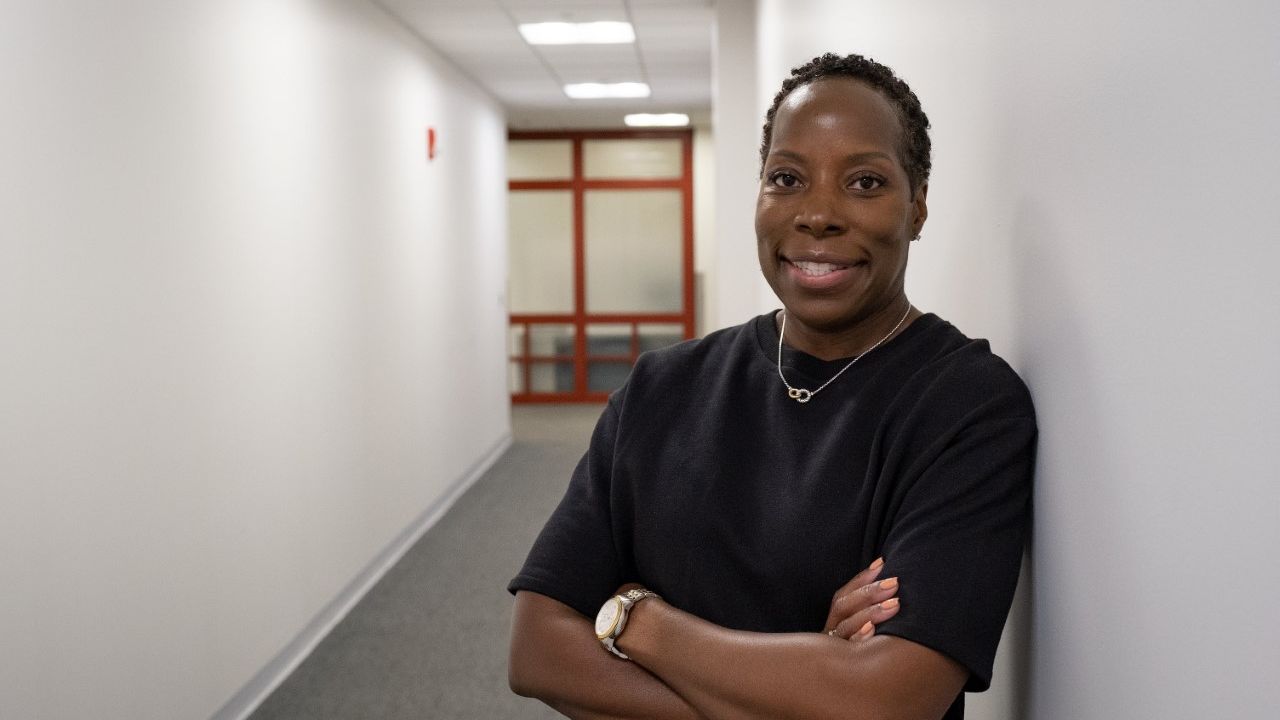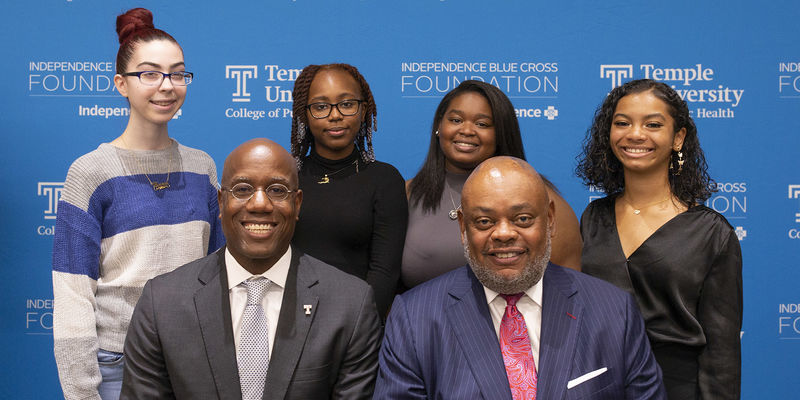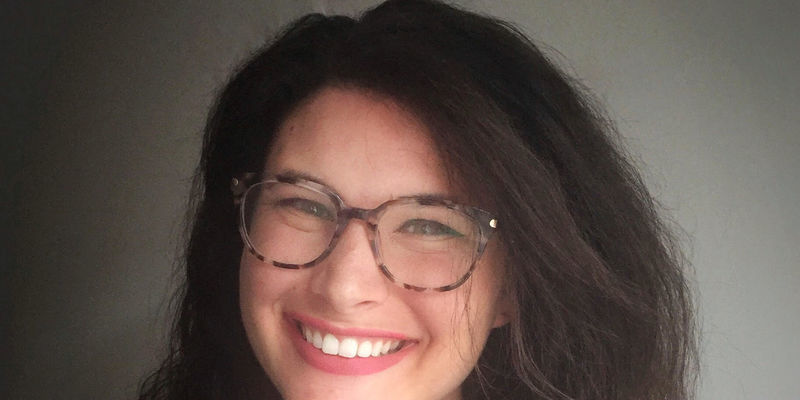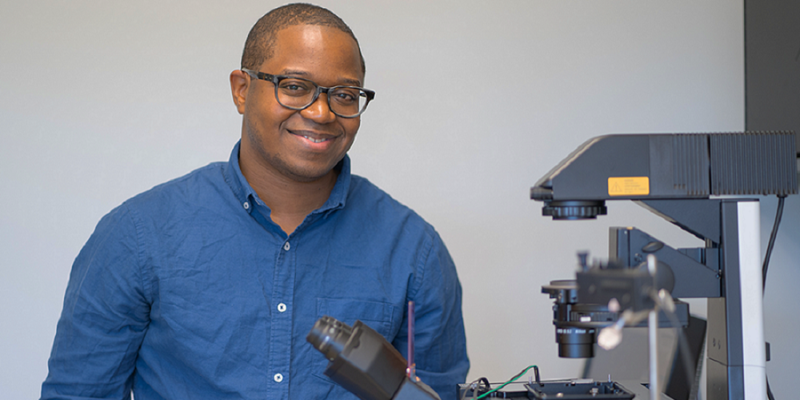Chaudron Carter Short appointed to dual leadership positions at Temple University and Temple Health
Carter Short wants to address the lack of diversity in nursing leadership.

Chaudron Carter Short views serving in dual academic and health system roles at Temple as a unique opportunity.
She was recently appointed chair of Temple University’s Department of Nursing in the College of Public Health and senior vice president and associate chief nursing officer at Temple Health.
“Because I sit on both ends of the fence, it helps to understand what is needed in the curriculum as well as in the clinical setting to help produce a professional nurse in the sense that when they leave the university, they are well-equipped to step into any healthcare organization and perform their job well,” Carter Short said as she reflected on her dual roles.
“I believe the combination of the two is a great step toward bridging gaps and helping to meet the quality demands that are set upon healthcare organizations, as well the university setting. I think that we are in a unique setting to build upon those gaps.”
She is taking these leadership positions at a time when minorities are still lacking in nursing.
“From my perspective and I have small purview, I think we’re starting to gain some momentum, but I still think that there is a lack of diversity in nursing and there is a lack of diversity in nursing leadership positions as well,” Carter Short said.
“One of my goals while being in this unique situation is to look at that as an opportunity for the nursing program.”
She observed that many of the nursing students in the nursing program do not look like her, despite the fact that Templeserves a predominantly minority community, which she points out is disproportionate.
“On the health system side, we do a great job being very diverse,” Carter Short said. “On the university side, how do we get there? What does that look like? As a nursing program, we have to create an opportunity to change implicit bias and create inclusivity and safe learning environments.”
She believes that will help to decrease stereotypes.
“This is needed in the school of nursing as well as the nursing profession as a whole because not every nursing student that graduates from the university will go on to work at hospitals that reflect the community such as Temple University Hospital,” Carter Short continued. “They will go out and be professionals all over the country. If we can impart in them when they leave us that everyone is unique, when you instill that into the students, hopefully they can take that with them in real-life situations.”
She highlighted her own experiences while pursuing her bachelor’s degree at Holy Family University.
“It wasn’t diverse and many times I felt excluded,” Carter Short recalled. “There were microaggressions that I encountered and sometimes it left me feeling marginalized. People that I would meet would have certain biases or thoughts about you when in fact they didn’t know you at all.”
When she enrolled in college, Carter Short initially planned to study pharmacology but then she decided to switch her major.
“Pharmacy didn’t excite me once I got into it and started taking classes,” said the Philadelphia native. “I switched to nursing. Nursing just kind of gave me the drive and the excitement that a profession should give you.”
After graduating from Holy Family, Carter Short went on to have a fulfilling career spanning almost 23 years. She has spent more than seven years in various leadership positions at Temple, most recently serving as chief nursing officer of Temple University Hospital-Episcopal Campus and TUH-Northeastern.
“From my perspective, it is probably one of the most rewarding professions one could have. It is a profession that is multifaceted,” Carter Short stated.
“When I say multifaceted, I mean having a variety of choices in the nursing field. You do not necessarily have to be a nurse at the bedside. You are not pigeonholed to this one pipeline of things that you can do.”
She advises those who are considering a nursing career to volunteer at a local hospital early on.
“Shadowing at a local hospital could be one of the most impactful things they could do to make a decision because you spend so much time with schooling that you don’t want to get to the end of a nursing program and not like nursing,” said Carter Short, who has earned two nursing degrees and two doctorates.
She also encourages those looking to enter the nursing field to not just focus on the income that nurses can make. Nurses are so much more than their income.
“It’s not about income,” Carter Short says. “It’s about being able to care and advocate for those that can’t care or advocate for themselves and having the capacity to do it for any population of patients.”


